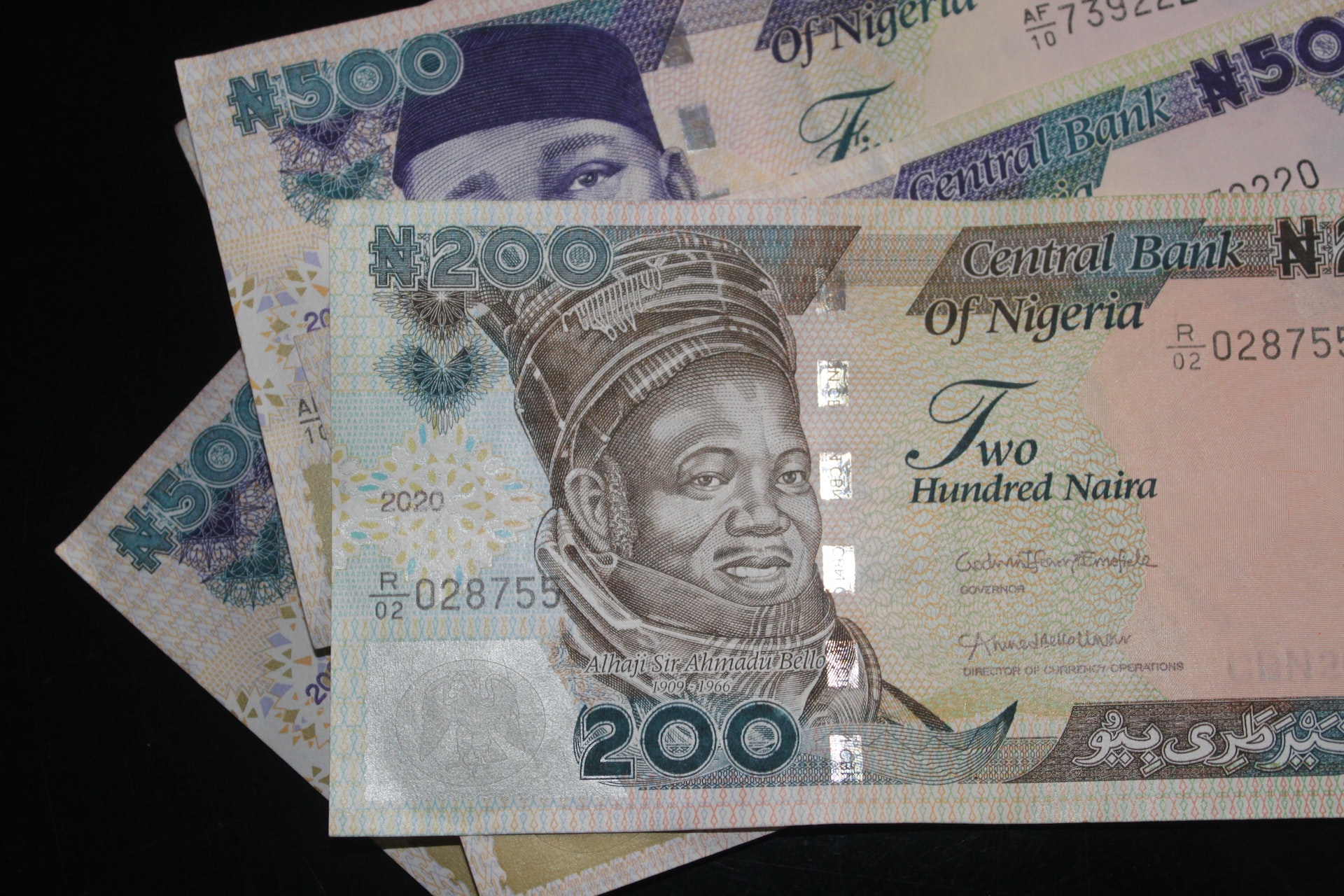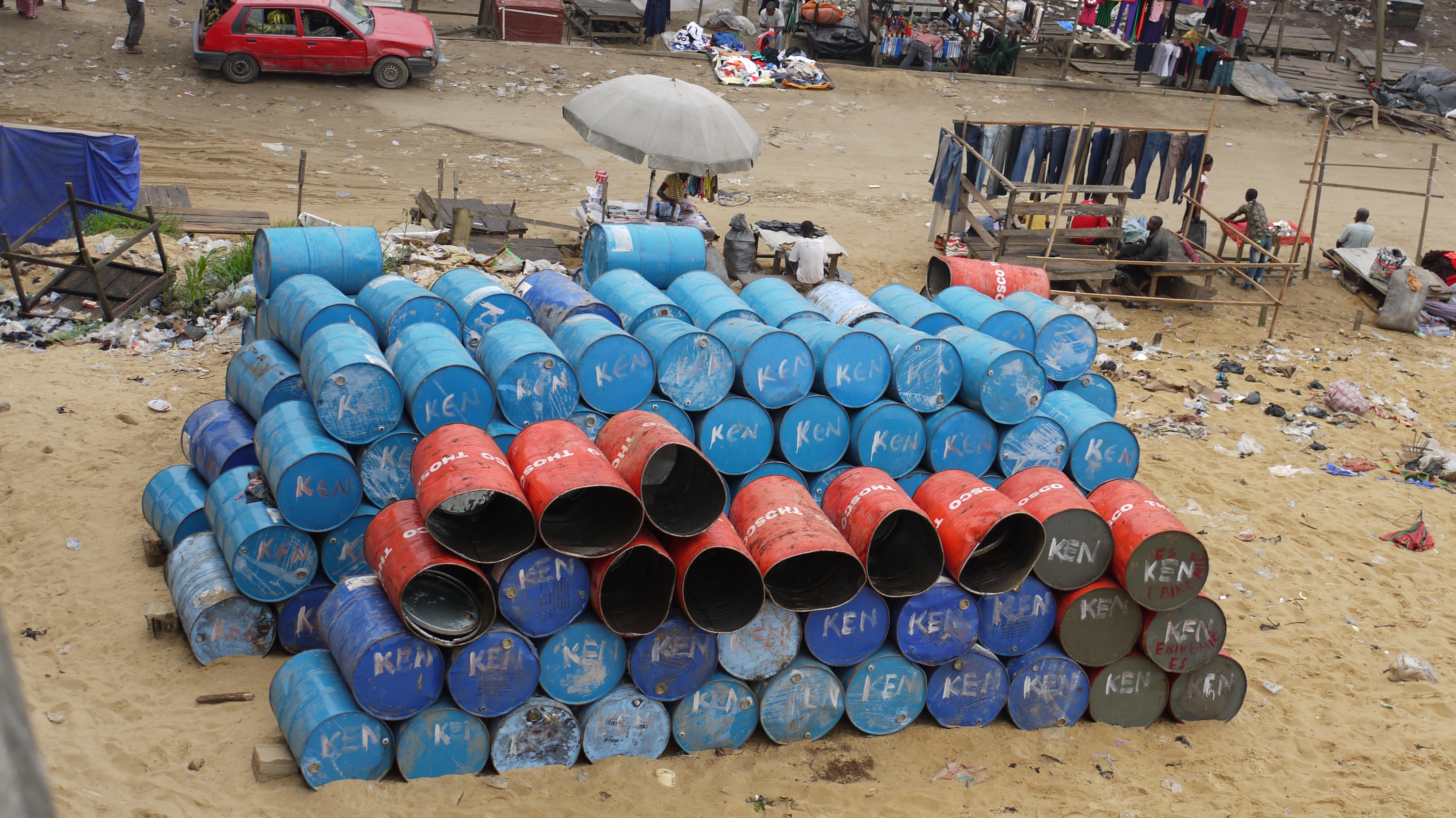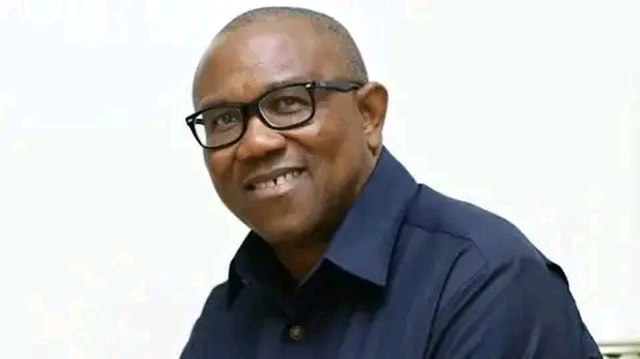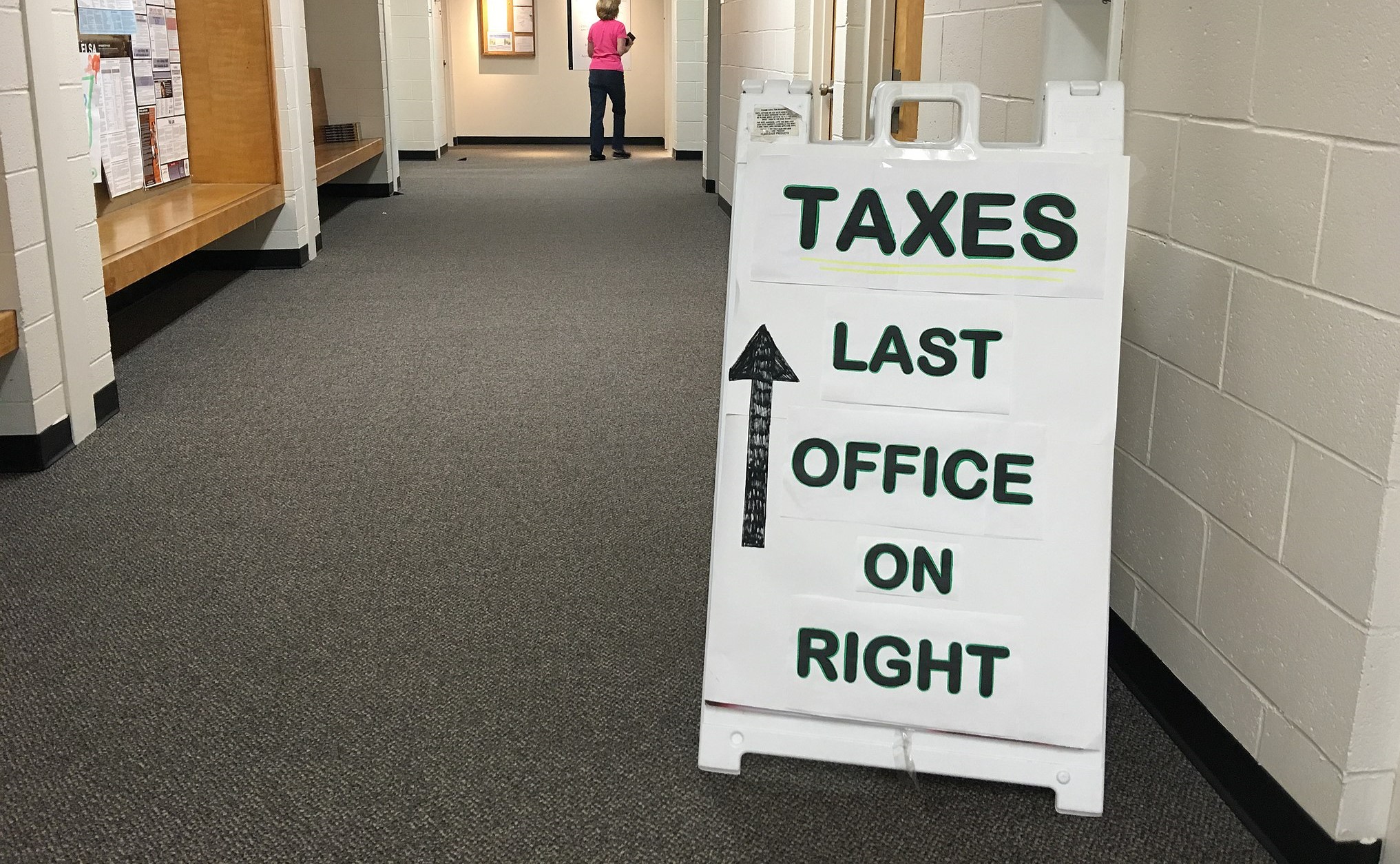Since independence, Nigeria has grappled with political instability and military coups. After many failed attempts, democracy was established in 1999 and has remained in place ever since. After years of military dictatorship, democracy was the dream believed to herald a new Nigeria devoid of corruption, suffering, and hardship. After 20 years, the country’s current economic statistics, high inflation, and high unemployment leave its citizens in apathy. In the aftermath of a fractious election, but a peaceful transfer of power, Tochukwu J. Emegwa looks at the state of Nigeria’s democracy.
On 29 May 2023, Bola Tinubu was inaugurated as Nigeria’s new president. He won a contested election that will be remembered for the rise of a third party in Nigerian politics, led by Peter Obi.
Usually, after elections, the opposition party candidate takes to the courts to challenge the election results citing ballot box snatching, intimidation, and violence. This year was no different. The opposition argued that the ruling party’s candidate did not win the necessary 25 per cent of the votes in the Federal Capital Territory, the case is ongoing.
The “End SARS” protest has loomed large over Nigerian politics in recent years. What began as a protest against police brutality and poor governance ended in a massacre in which 11 people died. The Minister of Information has dismissed the death of any protesters as fake news.
The Indigenous People of Biafra leader remains in detention after the court verdict ordering his release was subsequently stayed by the court (14 days post-release verdict). The stance of the government against corruption or infringement is louder if the offender belongs to the opposition party. The rule of law is often boldly disregarded. Such selective prosecution of crimes is rampant, and the country is bereft of the true meaning of democracy.
Debilitating factors
Socioeconomic factors such as high inflation, widespread corruption, and poor infrastructure have a debilitating effect on any development gains that Nigeria’s democracy might have been able to deliver. These factors are standing in the way of Nigerian democracy granting its citizens the better life they hoped for after the fall of the military regime in 1999. Any yearly rise in GDP per capita is being weakened by escalating inflation, insecurity, corruption, and deteriorating infrastructure.
The rise of inflation
Inflation is a continuous rise in the prices of goods leading to a depreciation of the exchange rate and purchasing power. When the exchange rate depreciates progressively, a country’s balance of payment, which records receipts and payments for import and export of goods and services suffers a deficit. This is partly because its exports will become cheaper for other countries. Import-dependent economies are often more affected. To remedy the deficit, money supply is implemented by printing money or borrowing from external institutions resulting in the further devaluation of the local currency.
At the slightest sign of economic trouble, the Nigerian government goes a-borrowing. As a result, inflation in Nigeria stands at 21.91 per cent. An unprecedented increase in food prices since 2020 has kept the poor in squalor. The average exchange rate in 2015 was 197 naira to $1, now it has averaged 740 naira to $1.
Poor infrastructure
Infrastructure setbacks are a major impediment to the development of Nigeria. Maintenance is poor, allowing government assets to ‘decay’. Electricity and internet access are erratic yet expensive. Companies that attempted to supplement their supply with industrial generators incur greater costs, making them less competitive in their respective markets.
The unpredictable energy supply, in a country with vast oil reserves, has led several multinationals to move their production facilities to neighbouring countries where power is more reliable. The escalation of unemployment and the depreciation of the exchange rate only increase the hardships of people who see their purchasing power plunge.
Despite unpredictable electricity availability and poor internet connectivity and access, the government opted to use electronic voting machines in the latest election. Poor internet access was subsequently cited as the major problem with the machines, which did not report the results at the expected pace. The outgoing government claims it will leave behind infrastructure legacy; its few successful projects seem to be based on convenience rather than national need.
Growing insecurity
The Global Peace and Terrorism Indexes of Nigeria indicate that the state is under the constant threat of insurgents. Two local governments in Borno are still under the control of the Islamist group, Boko Haram.
The UN reported that almost 350,000 persons lost their lives due to insurgency in Nigeria. Only the Taliban have killed more people than Boko Haram. Despite the U.S. government’s plea to the Nigerian government to protect civilians, the Nigerian Army pleaded with Boko Haram to turn a new leaf, while the Minister of Defence advised Nigerians to defend themselves against insurgency and banditry. The increased levels of violence mean the daily movement of the citizens to their means of livelihood has become risky, further damaging local economic development, and driving emigration.
Corruption
Although corruption dates back to independence from British rule, the Nigerian political system has aided the manifestation of corruption in different shades in Nigeria. Corruption jeopardises the efforts of good workers, while those willing to play are ‘promoted and rewarded’. Corruption entrenches inequality in a country with a huge gap between the haves and have-nots.
Millions of dollars have disappeared from government coffers without a trace leaving the defrauders free to walk away with their loot. Transparency International’s Corruption Perception Index ranked Nigeria 154th in 2021 and 150th in 2022.
This post is based on the published article Democracy Without Development: An Assessment of the Moderating Factors in Nigeria. Journal of Asian and African Studies.
Photo credit: Commonwealth Secretariat used with permission CC BY-NC 2.0






Africa’s agricultural situation right now is not promising. The absence of contemporary technology, poor infrastructure, and low productivity define the sector.